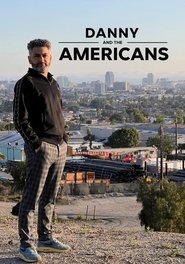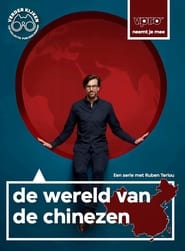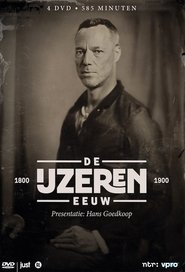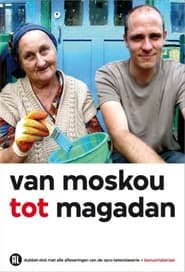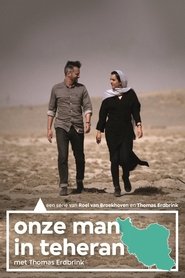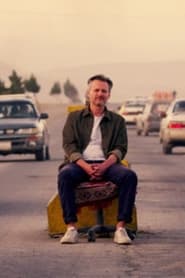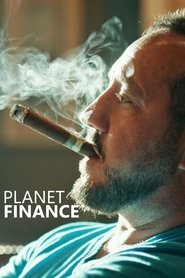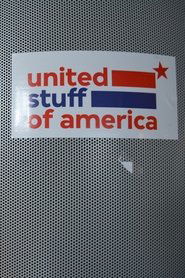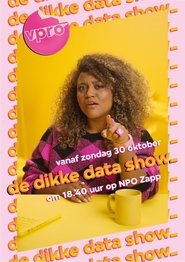Vpro TV Series - Page 4
-
The World of the Chinese
2021
star 8.6China is playing an increasingly important role worldwide. Under President Xi Jinping, substantial investments are being made in communication and cooperation and industrious Chinese people are settling abroad in large numbers. Documentary maker and China expert Ruben Terlou visits them in the new VPRO travel series ‘The World of the Chinese’. Who are they, what do they want to achieve and what impact does their presence have on the local population? -
The Iron Century
2015
The Iron Century
2015
In 13 episodes presenter Hans Goedkoop takes us back to the 19th century, in which a country came to be which we still know today - the start of the modern Netherlands. -
From Moscow to Magadan
2009
From Moscow to Magadan is a documentary about a journey through Russia. Jelle Brandt Corstius speaks to Russian citizens during this journey to find answers about the Russian soul. -
Laura H.
2024
star 5Laura H, The teenager from Zoetermeer takes on a new identity in her search for herself and travels with her husband Ibrahim and two children to the caliphate in Syria. When she shows up at the border in 2016 and says she has escaped and regrets it, doubts about her motives are great. Why did Laura choose to travel to the 'Caliphate'? -
Onze man in Teheran
2015
Onze man in Teheran
2015
-
De Wilde Ruimte
2019
De Wilde Ruimte
2019
-
Sander versus the socials
2023
Sander Schimmelpenninck investigates the far-reaching influence of social media on our society and politics. To this end, he talks to journalists, moderators, philosophers, lawyers and troll hunters. How does social media use undermine our democracy and why is no one doing anything? -
Sander en de kloof
2022
star 8.5How is it possible that in the Netherlands the gap between rich and poor still exists and is even widening? In the six-part VPRO series Sander en de gorge, Sander Schimmelpenninck has a mission: to expose wealth and opportunity inequality in our country. -
Half Holland dakloos
2022
Half Holland dakloos
2022
-
De butlers
2023
De butlers
2023
At The International Butler Academy in Simpelveld, The Netherlands, students from all over the world and of all ages are taught the tricks of the butler trade. The film follows six students during their training. What motivates them to choose this servile profession? -
De roze revolutie
2021
De roze revolutie
2021
-
De dikke data show
2021
De dikke data show
2021
Everybody is well into the apps, socials, videos, streams and games. All those online tools often seem to be free, but aren't. You not only pay with money, but also with data. How does that actually work? What happens with that data? Jard Struik investigates this.
